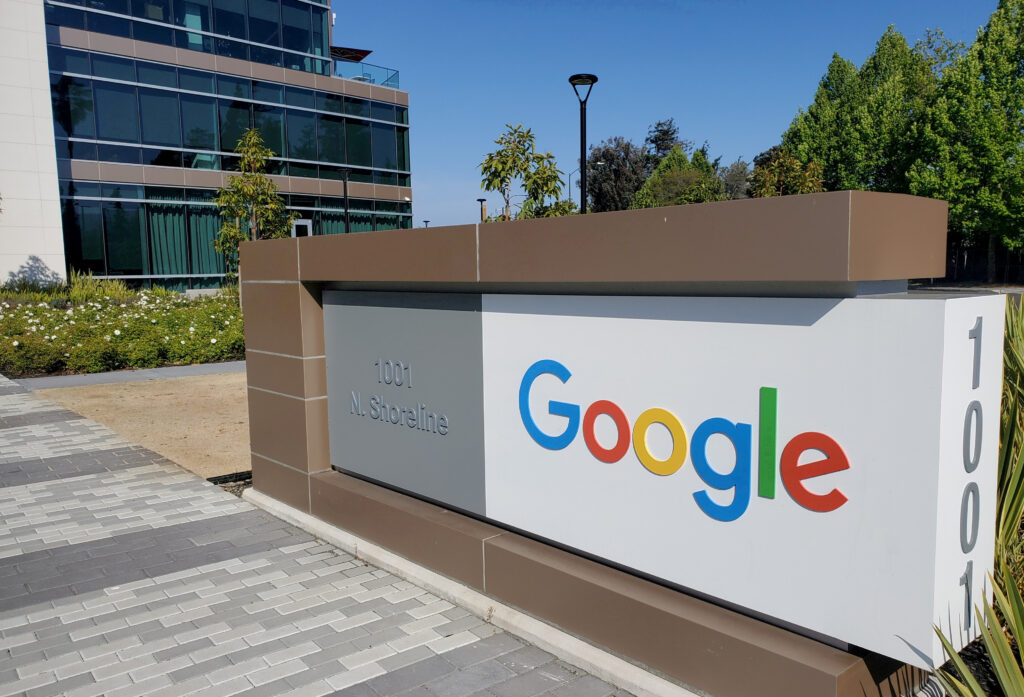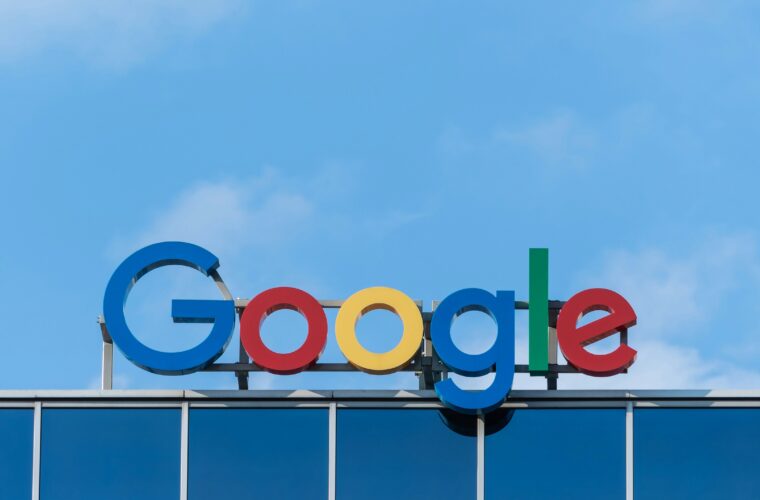Google faces judge’s questions as it asks court to toss U.S. antitrust lawsuit

By Diane Bartz
WASHINGTON (Reuters) – Google faced pointed questions from a judge on Thursday as it argued that the U.S. Justice Department’s allegations that it broke antitrust law to build and maintain its dominance of search are flawed and that the agency’s lawsuit should be thrown out.
The government, which filed its lawsuit in the waning days of the Trump administration, has argued that Alphabet’s Google acts illegally in paying billions of dollars each year to smartphone makers like Apple, LG, Motorola and Samsung, carriers like Verizon and browsers like Mozilla to be the default search for their customers.
Judge Amit Mehta actively questioned Google’s lawyer, John Schmidtlein. Mehta pressed him, for example, on if being dominant in search means that Google’s search engine will improve faster than its competitors. He also asked if the deals gave the company an “anticompetitive” advantage.
Google’s Schmidtlein replied: “Offering a superior product, winning business on the merits is never unlawful.”
The judge also asked Schmidtlein why the company paid to be the default search engine on devices.
Schmidtlein answered that the goal was to expose people to Google’s products and to make it easy for them. “There is nothing wrong or nefarious about that,” he said.
The Justice Department’s Kenneth Dintzer argued that because of its gigantic market share, Google could not legally make the same deals that a less powerful search engine company could make.
In particular, he said, Google should not have made agreements with Apple that requires that Google be the default search engine.
LOSS OF INNOVATION?
Google argued in court filings that the payments at issue are legal revenue-sharing deals and not illegal efforts to exclude rivals.
The government had also argued that Google’s dominance likely meant lost innovation, leading Mehta to highlight the rise of ChatGPT.
Dintzer responded that it’s hard to predict what technological advances could have happened without Google’s dominance.
The decision on summary judgment will be decided by Mehta of the U.S. District Court for the District of Columbia. The case is slated for trial in September.
Google’s motion is the Internet company’s latest attempt to end several costly and time-consuming lawsuits from state and federal governments aimed at reining in its market power.
The Justice Department sued Google in 2020, accusing the $1 trillion company of illegally using its market muscle to hobble rivals in the biggest challenge to the power and influence of Big Tech since it sued Microsoft Corp in 1998. A settlement left the company intact although the decision to rein in Microsoft left room for Google, which was founded in 1998, and others to thrive.
Since this lawsuit was filed, Google has been hit with other antitrust complaints. The Justice Department filed a second lawsuit in January accusing the company of abusing its dominance of the digital advertising business.
A group of states led by Texas also sued on ad tech in 2020 while states led by Utah filed a lawsuit in 2021 saying the company broke antitrust law in handling its play store.



